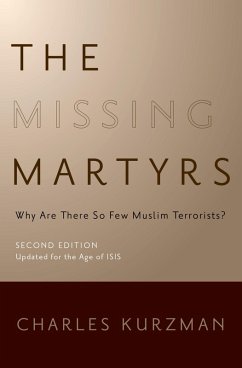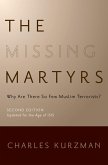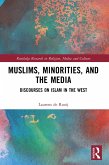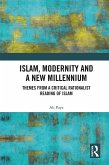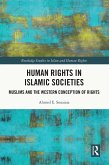Why are there so few Muslim terrorists? With more than a billion Muslims in the world-many of whom supposedly hate the West and ardently desire martyrdom-why don't we see terrorist attacks every day? Where are the missing martyrs? These questions may seem counterintuitive, in light of the death and devastation that terrorists have wrought around the world. But the scale of violence, outside of civil war zones, has been far lower than the waves of attacks that the world feared in the wake of 9/11. Terrorists' own publications complain about Muslims' failure to join their cause. The Missing Martyrs draws on government sources and revolutionary publications, public opinion surveys and election results, historical documents and in-depth interviews with Muslims in the Middle East and around the world to examine barriers to terrorist recruitment, including liberal Islam, revolutionary rivalries, and an inelastic demand for U.S. foreign policy. This revised edition, updated to include the self-proclaimed "Islamic State," concludes that fear of terrorism should be brought into alignment with the actual level of threat, and that government policies and public opinion should be based on evidence rather than alarmist hyperbole.
Dieser Download kann aus rechtlichen Gründen nur mit Rechnungsadresse in A, B, BG, CY, CZ, D, DK, EW, E, FIN, F, GR, HR, H, IRL, I, LT, L, LR, M, NL, PL, P, R, S, SLO, SK ausgeliefert werden.

